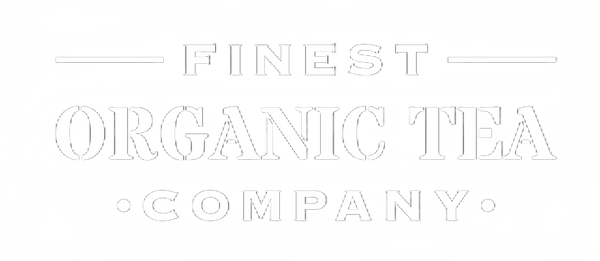Exploring Herbal Teas: Benefits and Brewing Tips

This guide will delve into this delightful world of herbal tea. It's time to understand their essence to learn how to craft the ideal cup of herbal tea.
What Is Herbal Tea?
Herbal teas don't fit the classic definition of tea, as they don't come from Camellia sinensis plants. Instead, these non-caffeine beverages include herbs, spices, fruits or flowers. These plant ingredients produce their unique blend of flavour and benefits. There's sure to be one just right for you!Herbal tea is enjoying an unprecedented surge in popularity in the beverage segment. There's an herbal tea blend suitable for every palate and situation - there really is an herbal tea option out there to meet every need and mood!
Health Benefits of Herbal Tea
Herbal teas are naturally rich in antioxidants, which help protect your body from harmful molecules like free radicals. Herbs offer different benefits, so it is up to you to select the herbal tea that can help you address specific health concerns.For example, chamomile tea can deliver calming properties while helping to reduce anxiety. Peppermint tea can aid digestion and relieve nausea. Ginger tea is excellent for soothing sore throats and boosting the immune system. Hibiscus tea is known for its ability lower the blood pressure and cholesterol levels. Spearmint tea can help with hormonal balance and reduce facial hair in women.
So, it is always advisable to research before choosing a particular herbal tea type to target a specific outcome or benefit.
Types of Herbal Tea
There's a whole world of herbal teas to explore! Some popular choices include:- Chamomile: Known for its calming and sleep-promoting properties.
- Peppermint: Soothes digestion and freshens breath.
- Ginger: Relieves nausea, boosts immunity, and warms the body.
- Hibiscus: Tart and tangy, with potential benefits for heart health.
- Spearmint: Aids digestion and hormonal balance and may help reduce facial hair in women.
- Lavender: Promotes relaxation and eases anxiety.
- Lemon balm: Uplifting and calming, may help with sleep and anxiety.
How to Choose the Best Herbal Tea?
Choosing the best herbal tea is a personal journey. It depends on your taste preferences and what you want in a tea. Start by exploring different flavours and see what appeals to you. Look for high-quality teas made with organic ingredients.You can also try different brands and blends to find your perfect match.Suppose you have specific health concerns; research which herbs might benefit you. For example, chamomile tea might be a good choice if you have trouble sleeping. If you're feeling stressed, lavender tea could be helpful. Remember, it's always a good idea to consult a healthcare professional before using herbal teas targering its medicinal result.
How to Brew A Cup of Herbal Tea?
Brewing herbal tea is simple and enjoyable! Unleash your favourite herbal tea's full flavour and benefits with these simple steps.- Start with fresh, filtered water. This ensures a pure and clean taste.
- Bring the water to a boil. Heat the water until it reaches the boiling point, using a kettle or pot.
- Add your herbal tea. Place your desired amount of loose-leaf tea in an infuser or use a pre-filled tea bag.
- Pour hot water over the tea. Fill your cup or teapot with the boiling water, ensuring all the tea is submerged.
- Steep for the recommended time. Check the tea's packaging for specific instructions, as steeping times vary depending on the herb.
- Remove the tea leaves or tea bag. Once steeped, gently remove the tea leaves or tea bag to prevent over-steeping.
- Enjoy your delicious cup of herbal tea! Add honey or any other serrtner, lemon, or other natural sweeteners to your taste.
FAQs
- What's the difference between herbal tea and regular tea?
- Can herbal teas improve my health?
- How long should I steep herbal tea?
- Can I drink herbal tea every day?
- Are there caffeine-free options besides herbal tea?
More from:
Exploring Herbal Teas






Leave a comment